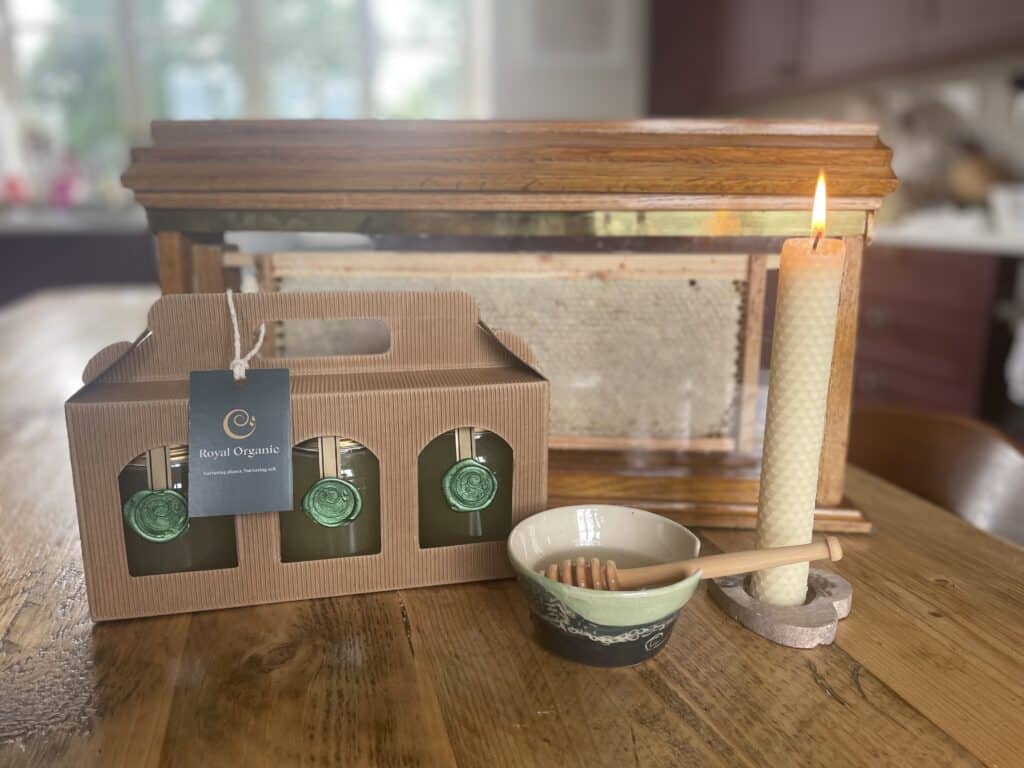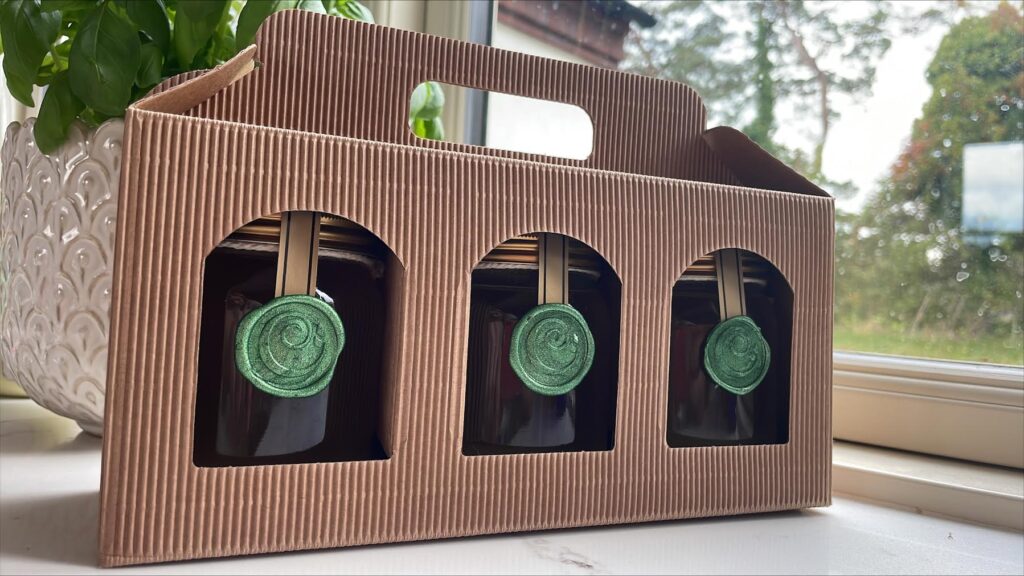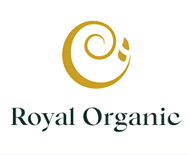Our Honey
Our honey is produced by our Apis mellifera mellifera bees. They are such a critical part of our eco-system and are under threat globally from increased exposure to chemicals and toxins in the environment. When you buy from us, you are helping us in our efforts to safeguard the bees by ensuring they have a habitat and environment in which to continue their crucial work. We also bare in mind the solitary bee species and ensure that we have the critical environmental supports available to them in order to survive and thrive alongside other pollinators.
All of our honey with the exception of comb-honey is filtered once, (put through a stainless-steel strainer) which removes any unwanted hive products like bits of timber from the frames. pollen or pieces of wax for example. It does not undergo any additional process. It has been taken directly from the hive, on the honey-frames to the extractor where it was spun-out, poured through a stainless-steel sieve en-route to its jar. Although raw honey looks and tastes superb and is famous the world over, the Food Safety Authority of Ireland advise that it is unsuitable for children under 12 months of age.
Occasionally flecks of brown/red/orange/yellow can be seen in your honey and this is expected where authentic filtered honey is concerned. It is likely propolis or pollen which is no cause for concern.


Crystallization is a normal process that occurs in raw honey. Over time, honey will become harder on the bottom of the jar at first and take on a granulated texture. This rate of change varies and depends on the composition of the nectar and its ratio of fructose to glucose and the presence of pollen.
If you wish to return the crystalised honey to its liquid state, it is advised to slowly heat it to no more than 40’C to retain the natural properties of the honey. If heated above this temperature, the natural properties and flavour will deteriorate or become destroyed. You can warm honey in a hot press or in a bain-marie with the help of a thermometer or if oven-heating be sure to remove the lid first. The larger the quantity of crystalised honey, the longer the process will take. ‘Low and slow’ is the advice here.
Raw honey will last for many years. And while you can enjoy your honey long after the best before date mentioned on your vessel, the flavour and nutritional properties of the honey will fade over time and the honey will slightly alter in colour. This is a gradual process and takes a long time to occur so there’s no rush. Unless of course you can’t get enough of it!
